Meeting of the President of UNBA, BCU Lidiya Izovitova with the Head of the Project "Judiciary and Society in Ukraine" of the Center for International Legal Cooperation Esther de Roy
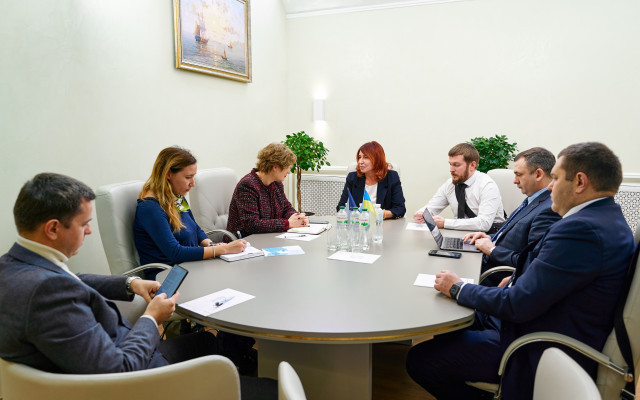
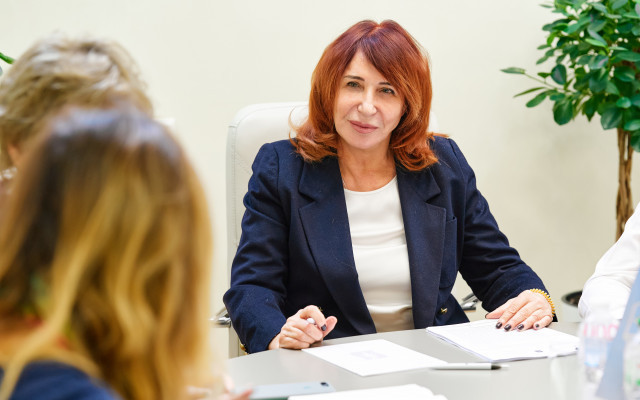
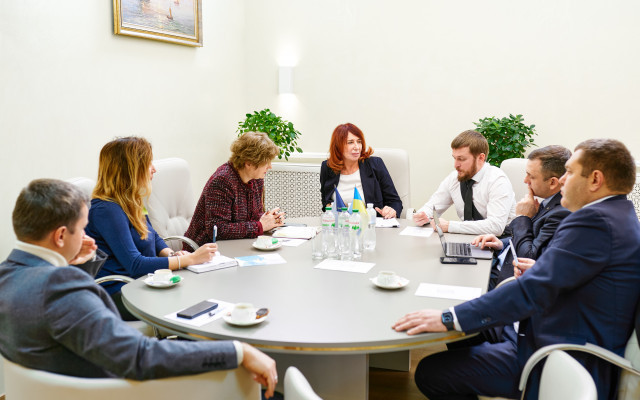
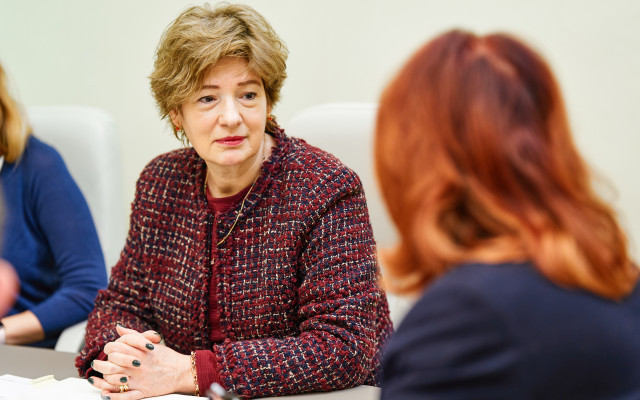
UNBA hosted a meeting of UNBA/BCU President Lidiya Izovitova with the Head of the Project "Judiciary and Society in Ukraine" of the Center for International Legal Cooperation (Netherlands) Esther de Roy. UNBA was also represented by UNBA, BCU Vice-President Valentyn Gvozdiy, Chair of the UNBA International Relations Committee Ivan Grechkivsky, Chair of the UNBA Committee on Independence of Justice and Judiciary Oleksiy Malovatskyi.
The topic of the conversation was the possible directions of cooperation between the UNBA, and the Project devoted to growing public confidence in the courts and the interaction of participants in proceedings in the interests of independent and fair justice.
"Since the Bar is classified as a part of the justice system by the Constitution, we closely observe what problems arise in the judiciary and have been dealing with these issues for a long time," Lydia Izovitova explained about her own 16 years of experience in the High Council of Justice.
According to Esther de Roy, in recent years, pilot projects have been implemented in the regions of Ukraine, in which judges and advocates were involved, in particular, in the Odessa region. This project is "Rules for the Organization of Effective Civil Proceedings" and "Rules for the organization of Criminal Proceedings", which the Bar Council of Ukraine at one time refused to support due to the existing risks for carrying out of effective advocacy in accordance with these recommendations.
"We agree that we will work together and be jointly responsible for the documents that we will be guided by. When we analyzed the previous draft, we did not understand who was more frivolous among the developers of these documents: judges who wanted to simplify procedural rules in their favor, or advocates. On our part, I can assure you that we will not allow our final product to be not in favor of independent justice", said Lidiya Izovitova.
She stressed that when developing any recommendations, the willingness of the parties to the proceedings should be taken into account to avoid rules favoring certain parties. "When we talk about guidelines, this is one thing, and when we talk about working in a practical area, it is another. Disciplinary bodies have been established in the Bar that can consider complaints against advocates for abuse of rights. As for judges, there are such bodies, but they have ceased to work, and today there is a basis for unpunished abuse in the processes by judges," Lidiya Izovitova stressed.
As an example, she cited the court's decision to take a person into custody because the defenders of this person filed too many recusals, and also mentioned other practical cases of obvious violations.
For her part, the Head of the "Judiciary and Society in Ukraine" Project of the Center for International Legal Cooperation, who is also Deputy Head of the Amsterdam District Court for International Cooperation and the Rule of Law, Esther de Roy offered cooperation on a wide range of issues of the judiciary in Ukraine. "We must jointly identify the needs and opportunities in the justice system that need to be improved. We have the Convention for the Protection of Rights and Fundamental Freedoms, Article 6 "Fair Trial", which provides for the rights to a fair trial within a reasonable time," the project manager said.
For his part, Oleksiy Malovatskyi recalled the experience of the Project's cooperation with the High Council of Justice and proposed that the developments that international experts currently plan to implement together with the UNBA should be implemented as the law and take into account the position of the Bar in dialogue with the legislator.
It should be noted that this is the second meeting of the UNBA leadership with representatives of the project "Judiciary and Society in Ukraine" of the Center for International Legal Cooperation.
The project seeks to change the relationship between the judiciary and society, focusing on the development of judicial self-government and the development of self-government in the judicial system, increasing the professional level judges and court staff.
The project's activities are focused on the analysis of fundamental values of justice and the foundations of public confidence in the judiciary, conducting trainings on quality assurance and proper justification of court decisions that will result in proper perception of court decisions by citizens; round tables on efficiency, timeliness, transparency and the expected course of court hearings; seminars to develop recommendations for improving the judicial process, expert discussions and knowledge exchange between the judicial communities of Ukraine and the Netherlands.
Details about the project can be viewed on the Center's websitePopular news
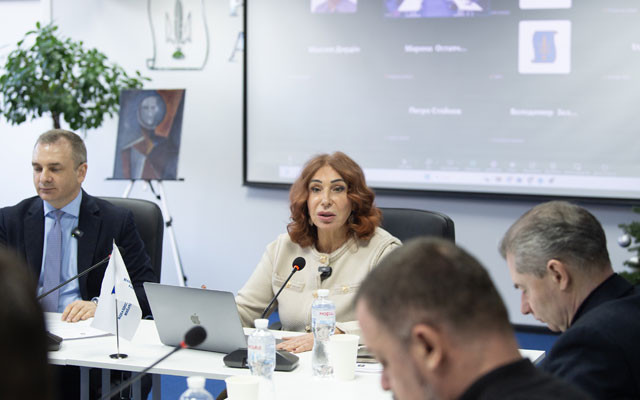
Guarantees of the practice of law
Impunity for public stigmatization of advocates violates the constitutional right to defense
The prohibition of identifying an advocate with a client is an international standard enshrined in the Law «On advocacy and legal practice». However, without accountability, this guarantee does not work, which poses a direct threat to the realization of the right to defense and the principle of adversarial proceedings.
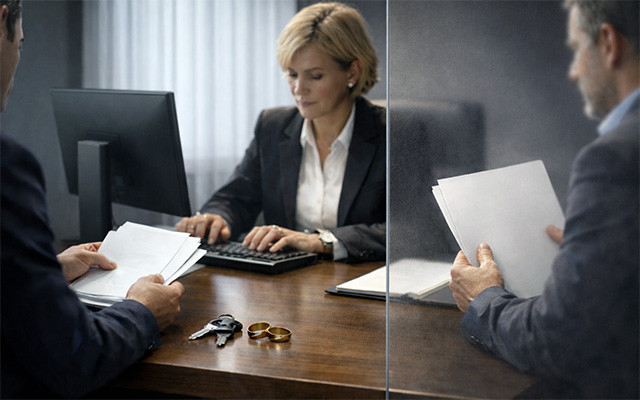
Legislation
Inheritance of a share in joint property and more: advocates have made comments
In the event of the death of one of the subjects of joint shared ownership, the shares of each of the co-owners in the joint shared ownership shall be deemed equal, unless otherwise agreed between them, by law, or by a court decision.
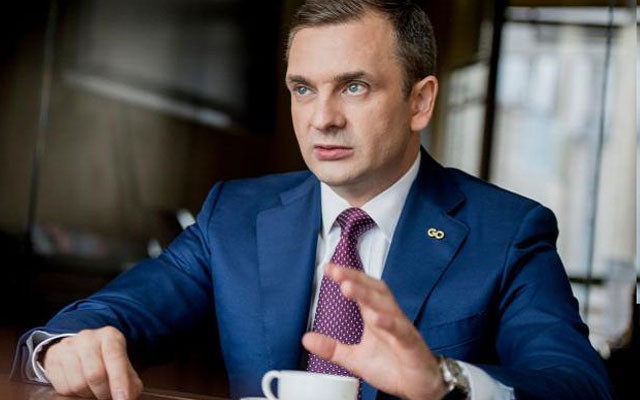
Legislation
Implementation of the Roadmap: the composition of the working group ensures a high level of expertise
The composition of the Working Group on the implementation of the Roadmap on the rule of law in relation to advocacy demonstrates the high institutional level of the experts involved by the Ukrainian National Bar Association in the formation of a package of decisions.
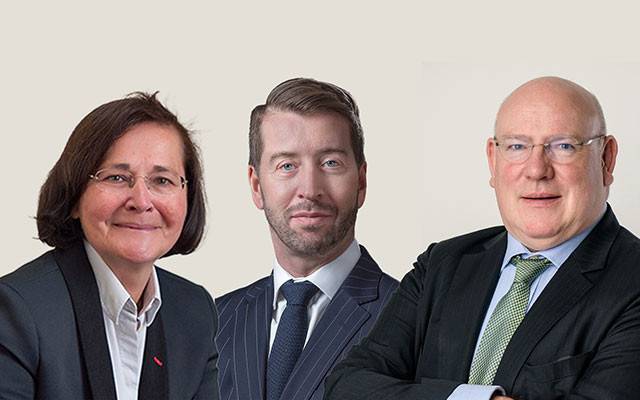
Legislation
UNBA initiatives to implement the Roadmap were supported by international experts
International experts who participated in the inaugural meeting of the Working Group on the implementation of the Roadmap on the rule of law in advocacy and agreed to join it expressed their support for the initiative of the Ukrainian National Bar Association.

Legislation
How will the group responsible for implementing the Roadmap for advocacy operate?
The working group on the implementation of the Roadmap on the rule of law in the area of advocacy will operate at several levels: plenary meetings as a platform for adopting framework decisions, a coordination bureau for compiling documents and calendar control, and thematic subgroups for preparing norms and their justification. International experts will verify the results against European standards and «red lines».
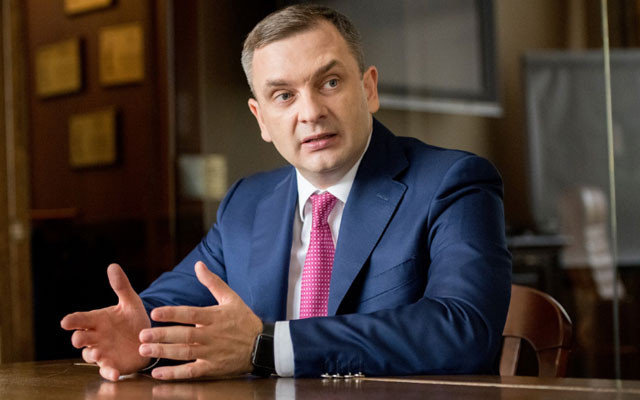
Legislation
Advocacy is a responsible entity, not a critic of reform — V. Gvozdiy
The Roadmap on the Rule of Law is not a basis for restructuring the model of advocacy, but a framework for verifying and improving the already European-oriented system. At the same time, part of the work has already been done, so further progress should be made in the form of coordinated and practical decisions.
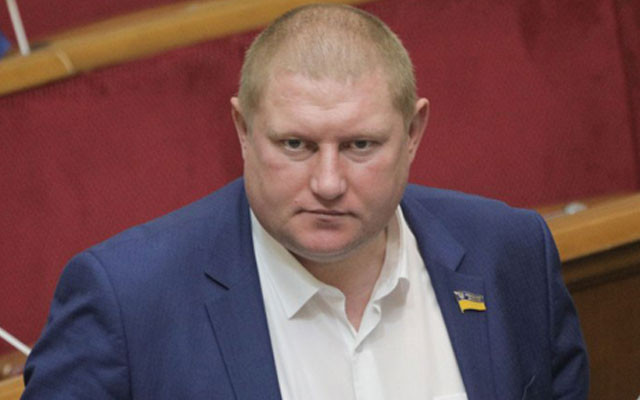
Legislation
Vatras on the implementation of the Roadmap: only advocates should create their own destiny
Work on implementing the Roadmap in relation to advocacy should be based on the participation of the professional community itself, and key tasks should be structured in such a way as to avoid mixing processes that differ in content and procedure.
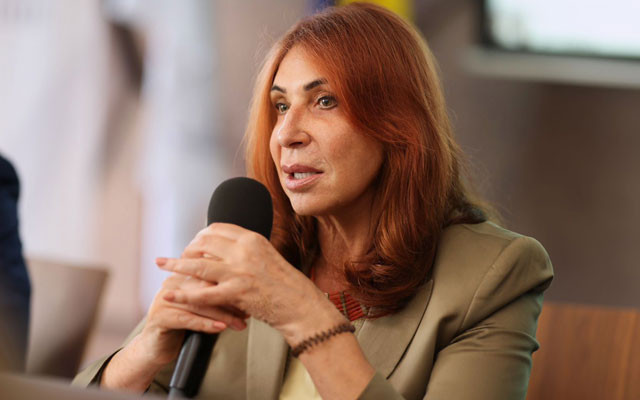
Legislation
Lidiya Izovitova outlined the approach to implementing the Roadmap for advocacy
The general approach to working on the implementation of the Roadmap on the Rule of Law in terms of reforming advocacy should not be based on «slogans», but rather on gathering facts, comparing them with standards, consulting with the professional community, and formulating norms for which participants are prepared to take responsibility.
Publications

Volodymyr Matsko Extradition as a systemic form of rights violations

Victoria Yakusha, Law and Business The anti-corruption vertical cannot «take care» of the Bar as an institution, - acting head of the HQDCB

Censor.net Protecting advocates – protecting justice: addressing concerns about the new law

Ihor Kolesnykov A BRIEF SUMMARY REGARDING THE APPLICATION OF THE ORDER ON EXTENDED CONFISCATION IN LATVIA REGARDING FINANCIAL ASSETS OF…

Valentyn Gvozdiy WORKING IN A WAR ZONE

Lydia Izovitova Formula of perfection

Sergiy Vylkov Our judicial system is so built that courts do not trust advocates

Iryna Vasylyk Advocacy in the proclamation of Independence of Ukraine
